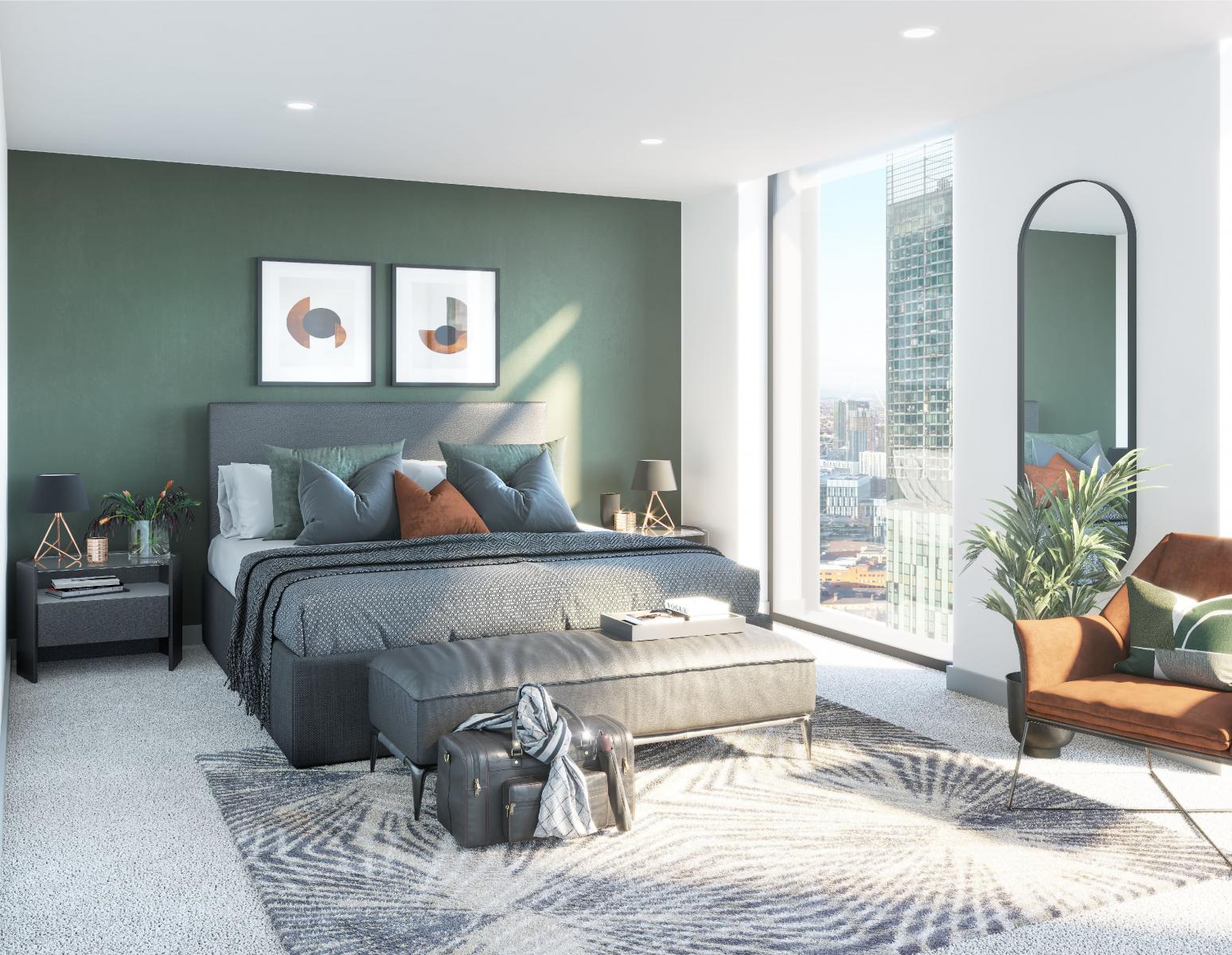We know that vehicle emissions are a major contributor to climate change, that carbon pollution is harmful to health, and that traffic problems are the cause of many malfunctioning communities. The importance of sustainable, active, green communities is well understood and has a prominent place in planning policy.
And so it was a surprise and a disappointment when Building Car Dependency, a recent report by Transport for New Homes, found that in the last three years residential developments have become increasingly car- focused.
Two developments were singled out as having been designed around walkability, one of which, Poundbury, is founded on the principles that have inspired Blenheim Estate Homes. Like Poundbury, these developments and future communities to be initiated by Blenheim Strategic Partners will reduce car use though ‘carrot’ rather than ‘stick’.
Our approach is based on two pieces of research by Blenheim Estate. The first, with the University of Oxford, and examines the potential of natural assets to promote health and wellbeing. This has helped us formulate a strategy described as the Natural Health Service, which we are piloting in partnership with local charities.
Secondly, because we accept that rural connectivity can be poor, we commissioned a study with VeloCity to re-imagine a future based on people, places, public transport and new technology. The vision challenges the way in which the planning rural areas have been approached and develops a new concept, ‘Villages in a Garden’ which identifies ‘village clusters’ and facilitates sustainable active travel between them.
It concludes that a network of cycling and walking routes can enable villages to grow collectively and become less reliant on cars and that initiatives such as bike buses for children can foster an early commitment to active travel, whilst providing social connections.
A reduction in commuting will inevitably lead to a reduction in-car use. So together with architects Pollard Thomas Edwards, we have developed a concept for transforming parking in line with the decline of the privately-owned car and replacing it with a valuable community facility.
If successful in achieving planning consent, our community of 430 Passivhauses at Hill Rise and Banbury Road will pilot an ‘evolution’ towards a lower traffic neighbourhood. Hill Rise will feature ‘parking barns’: flexible spaces which will serve, initially, as car storage, with electric chargers and space for car club use. Over time, as residents chose to reduce car use, the parking barns will adapt into large community centres with the capacity for a home-working hub, pop-up events, a gym or an exercise studio.
We have also planned for parking courts to be transformed into food gardens or as a Library of Things where residents can rent practical equipment, and for on-plot parking to evolve into additional garden ‘rooms’, studios or workspaces. This proposed approach recognises that there is no single solution to car parking and that flexibility must remain. It also recognises that, to be successful, change must come from the users, but that it can be incentivised by offering a more attractive alternative.
The proposals for Hill Rise also envisage a low-traffic community which will feature safer and more inclusive streets, low levels of air and noise pollution, better opportunities for walking and cycling and attractive open spaces. As car use is reduced, residents will see an increase in such benefits, including new opportunities for natural biodiversity, play areas and outdoor resting spaces - a strong incentive to embrace this evolution.
The government has stated that by 2030, half of all journeys in towns and cities should be walked or cycled. And yet the Transport for New Homes research suggests this cannot be achieved because most developers are building in the wrong place, with the wrong design and the wrong layout.
Without exception, from Local Plans to government policy, the vision of sustainable communities is clear. But the reality is yet more tarmac. To ‘level up’, to ‘build beautiful’, to ‘build back better’, and most importantly to meet net-zero, the development industry must embrace positive change.
*Roger File is COO of Blenheim Strategic Partners









.png)










Join the conversation
Be the first to comment (please use the comment box below)
Please login to comment